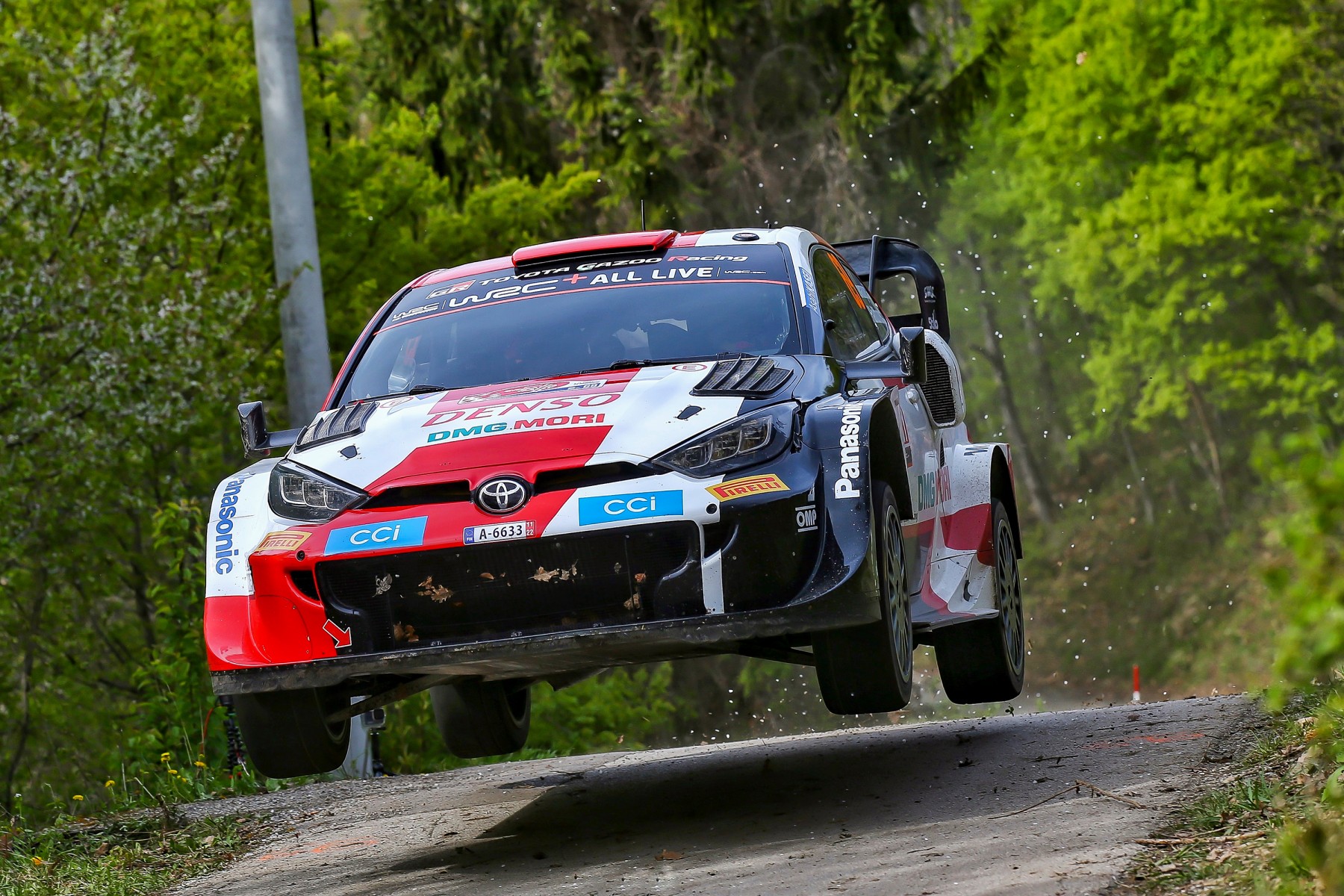
TOYOTA GAZOO Racing Targets Fightback in Belgian Classic
The TOYOTA GAZOO Racing World Rally Team returns to asphalt roads at the Ypres Rally Belgium on August 19-21, aiming to master the event’s notoriously challenging stages.
TOYOTA GAZOO Racing Targets Fightback in Belgian Classic

After finishing second on home soil at Rally Finland last week, Kalle Rovanperä has a lead of 94 points in the drivers’ championship and an outside chance of claiming a historic first title with four rounds to spare should he win in Belgium. Last year, on the WRC’s first visit to Belgium, Rovanperä finished third as the rally’s best debutant, just ahead of team-mate Elfyn Evans. Esapekka Lappi, who previously competed in Ypres in 2014, once more completes the TGR WRT line-up after his battling podium finish in Finland, with Takamoto Katsuta representing TGR WRT Next Generation.
Although the Ypres Rally is a recent addition to the WRC schedule, the event is considered a classic of the European rally calendar. Its reputation is built on its fast and narrow farmland roads around the West Flanders region, which are often lined by large drainage ditches and include many junctions where dirt is frequently dragged onto the road.
Unlike last year there will be no trip east to Spa-Francorchamps, with all three days of the rally to take place within a 30-kilometre radius from the city of Ypres, which hosts the service park in its historic centre. An anti-clockwise loop of four stages is run twice on Friday, before a similar route with more competitive distance on Saturday. Two stages are repeated either side of final service to form Sunday’s itinerary, with the well-known Kemmelberg to host the rally-ending Power Stage.
The stages in Belgium will also be the venue for the public debut of the GR Yaris H2: an experimental concept that uses hydrogen to fuel a combustion engine based on the same turbocharged block found in the regular production car. The innovative powertrain has been developed in the GR Corolla H2, the car raced by Team Principal Jari-Matti Latvala together with Team Founder Akio Toyoda during the Fuji 24 Hours earlier this year.
The GR Yaris H2 will be driven on one stage each day of the Ypres Rally, preceding the competitive field as a test car with Toyota rally legend and four-time world champion Juha Kankkunen behind the wheel. Alongside this, as part of TOYOTA GAZOO Racing’s commitment towards exploring new options for achieving carbon neutrality, the team’s service area will use zero-carbon energy supplied from a Toyota Mirai, the brand’s commercially-available hydrogen fuel cell vehicle.





